
Read offline
résumé audio créé automatiquement
1×
Connectez-vous pour écouter un résumé audio.
résumé audio créé automatiquement
Recommendation
Extrication can, by its nature, be a time-intensive, unreliable process, and Brexit is no exception. London-based global banks may be facing a hard or no-deal Brexit, meaning that UK-based businesses will revert to basic World Trade Organization rules when dealing with EU clients, making London a poor center of operations. A soft exit, allowing London-based firms to continue participation in the European Single Market might ease the transition. In this New York Times article, Amie Tsang and Matthew Goldstein describe the exodus as global banks prepare to leave London.
Summary
About the Authors
Amie Tsang is a business reporter based in London. Matthew Goldstein reports on Wall Street from New York.









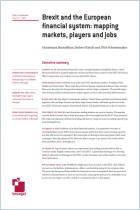
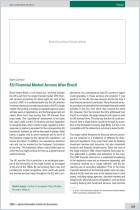
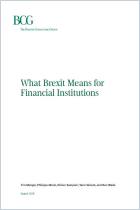
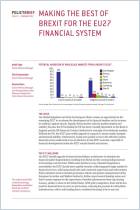
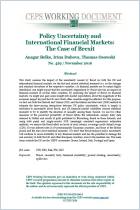




Comment on this summary or Démarrer une discussion